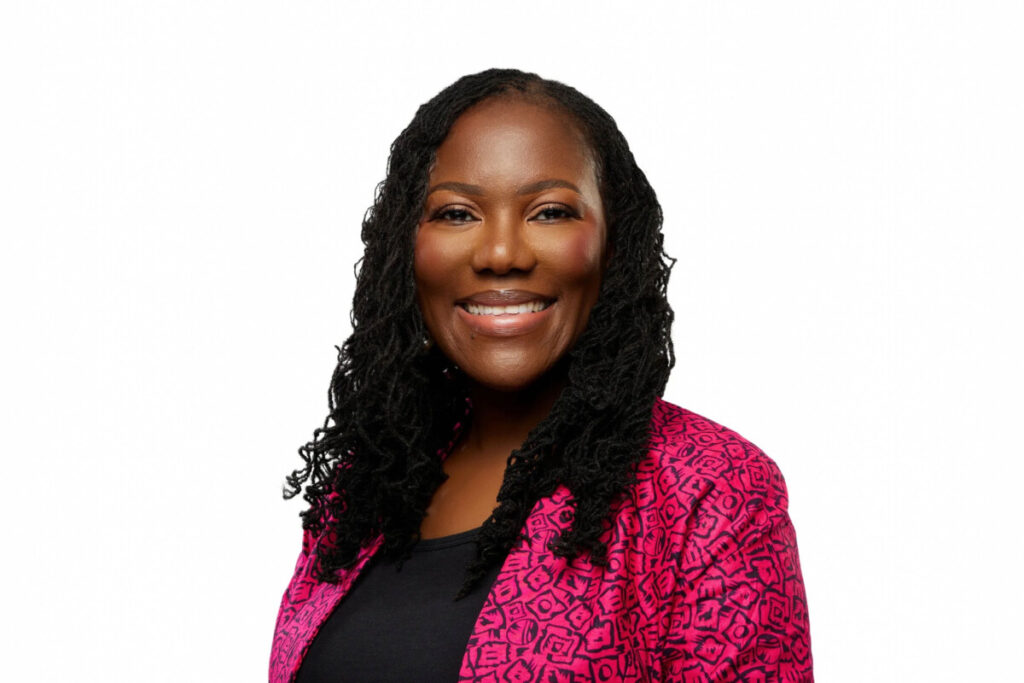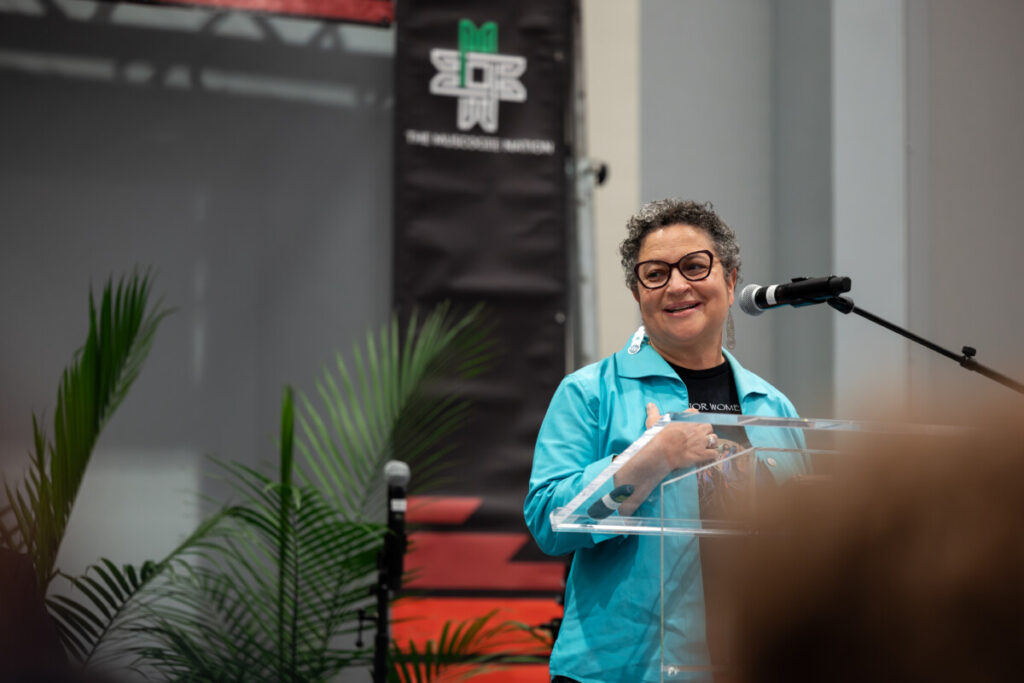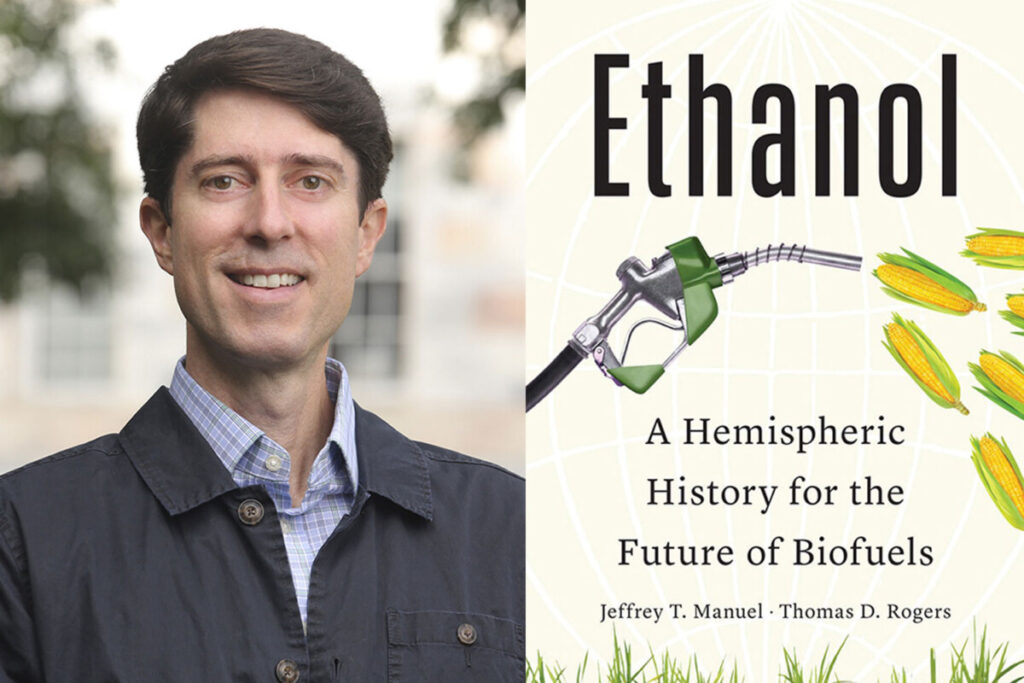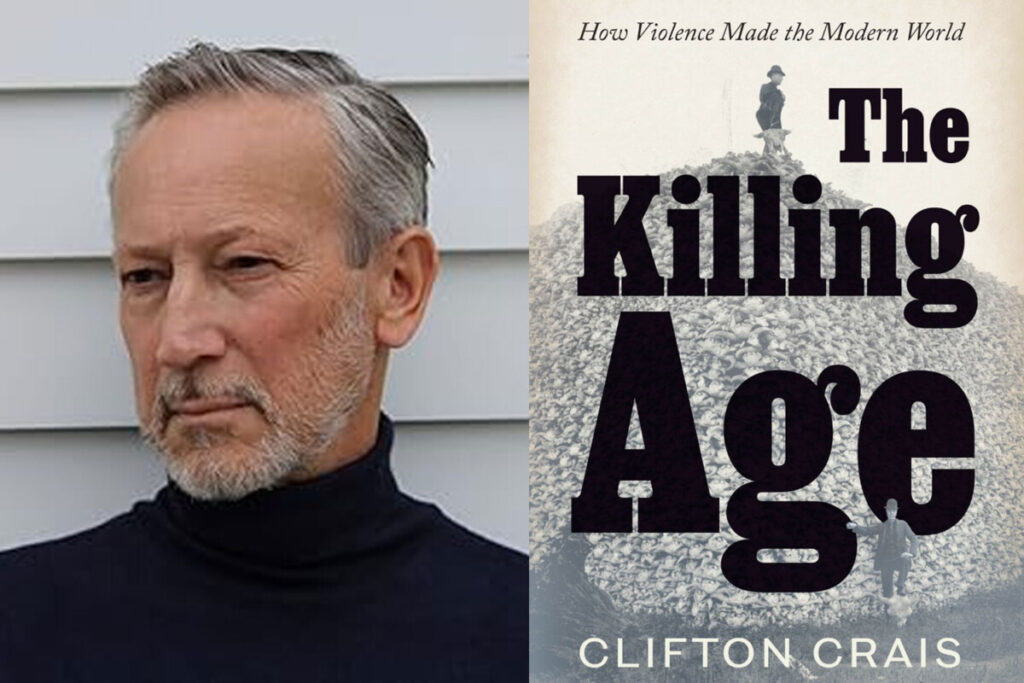
The African-American Intellectual History Society has named the finalists for its annual Pauli Murray Book Prize, and Dr. Danielle Wiggins (PhD, ’18) was short-listed for her newly-published monograph Black Excellence: Atlanta and the Making of Modern Black Liberalism (University of Pennsylvania Press, 2025). Named for pioneering lawyer, scholar, activist, and theorist Pauli Murray, the prize recognizes the best book concerning Black intellectual history published in the preceding year.
Described as a “provocative new history of modern black liberalism,” Black Excellence has already received notable praise. For instance, George Derek Musgrove, co-author of Chocolate City: A History of Race and Democracy in the Nation’s Capital, writes: “Beautifully written and wonderfully insightful, Black Excellence is a must read for anyone who wants to understand both the liberatory and disciplinary history of black liberalism in the post–civil rights era.”
Wiggins is Assistant Professor of History at Georgetown University. She completed under doctoral work under the advisement of Dr. Joe Crespino, Jimmy Carter Professor of History and Interim Dean of Emory College of Arts & Sciences.
Read the abstract of Black Excellence below, and learn more about the other nominees for the 2026 Murray prize.
Black Excellence offers a provocative new history of modern black liberalism by situating the seemingly conservative tendencies of black elected officials in the post–civil rights era within neoliberal American politics and an enduring black liberal tradition.
In the 1970s and ’80s, cities across the country elected black mayors for the first time. Just as these officials gained political power, however, their cities felt the full brunt of white flight and deindustrialization. Tasked with governing cities in crisis, black political leaders responded in seemingly conservative ways to the social problems that austerity worsened. Nowhere was this response more evident than in Atlanta. In the nation’s preeminent black urban regime, black leaders such as mayors Maynard Jackson and Andrew Young employed the power of policing and the private sector to discipline black Atlantans, hoping they would equip vulnerable communities with the tools to manage the volatility of the era.
Danielle Wiggins shows that these punitive responses to the problems of crime, family instability, and unemployment were informed by black liberalism’s disciplinary impulse: an enduring tendency to reform behaviors believed to threaten black survival in a white supremacist nation. Forged in response to the violence of Jim Crow, the disciplinary impulse relied upon notions of pathology and its inverse, black excellence. Wiggins identifies several black liberal efforts to cultivate excellent black communities, families, and workers in the post–civil rights era, including community policing, corporate-sponsored family initiatives, and black entrepreneurship.
In embracing disciplinary strategies, however, black liberals often focused on behavior at the expense of addressing structural inequality. Consequently, their approaches dovetailed with those of the “New” Democrats, whose post–Great Society social policies were informed by urban black liberals. Black Excellence reveals thus how urban black liberals not only reshaped black politics but, as Democrats, also helped build the neoliberal Democratic Party.











